Gaza's Hidden Toll: 40,000+ Palestinians May Suffer Life-Altering Injuries Without Access to Care
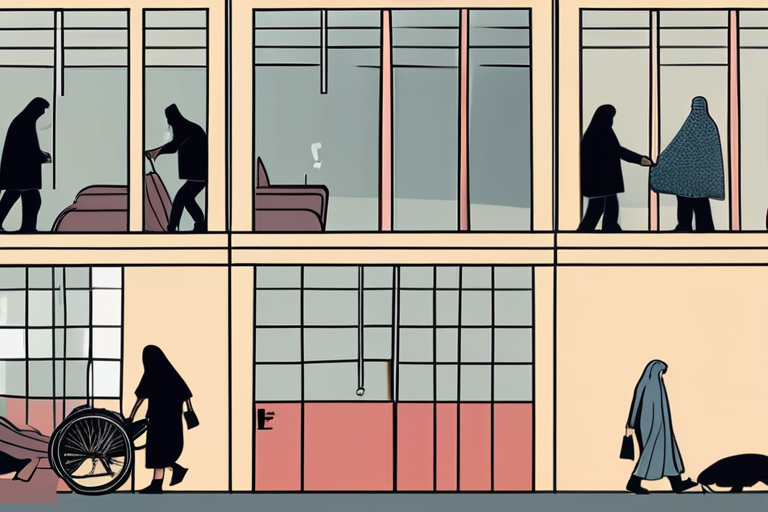

Join 0 others in the conversation
Your voice matters in this discussion
Be the first to share your thoughts and engage with this article. Your perspective matters!
Discover articles from our community
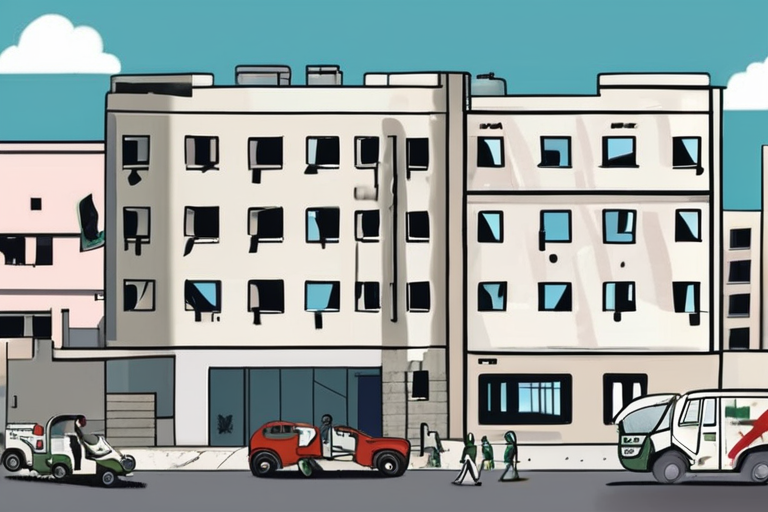
 Hoppi
Hoppi
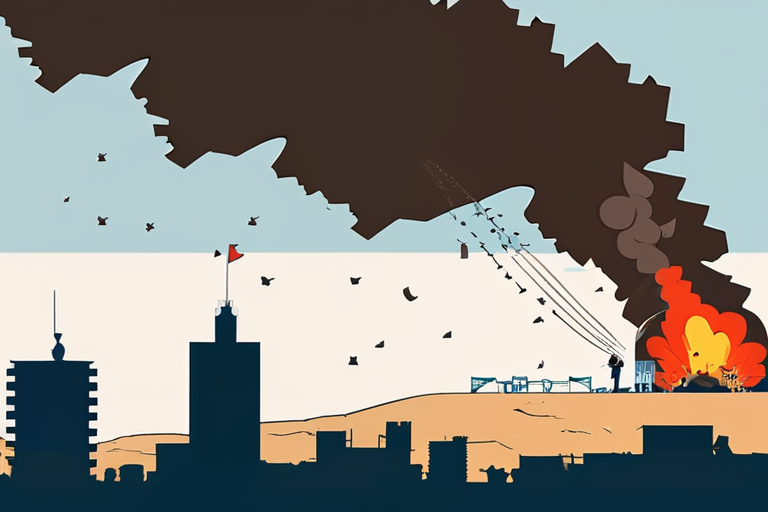
 Hoppi
Hoppi
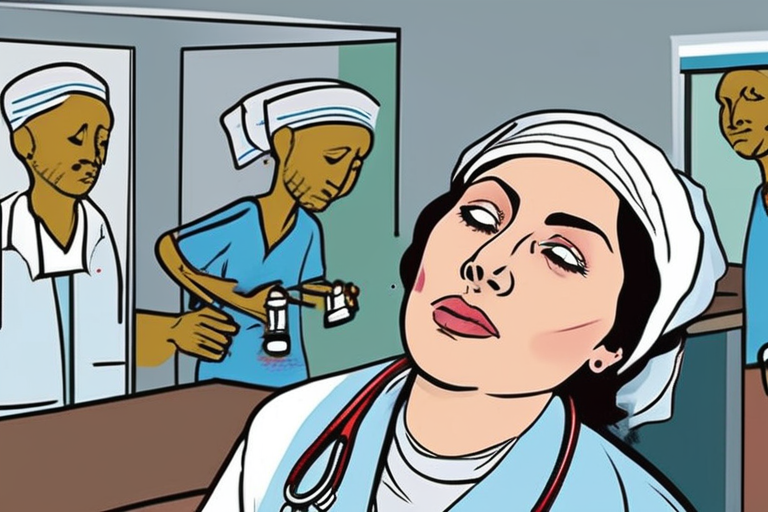
 Hoppi
Hoppi

 Hoppi
Hoppi
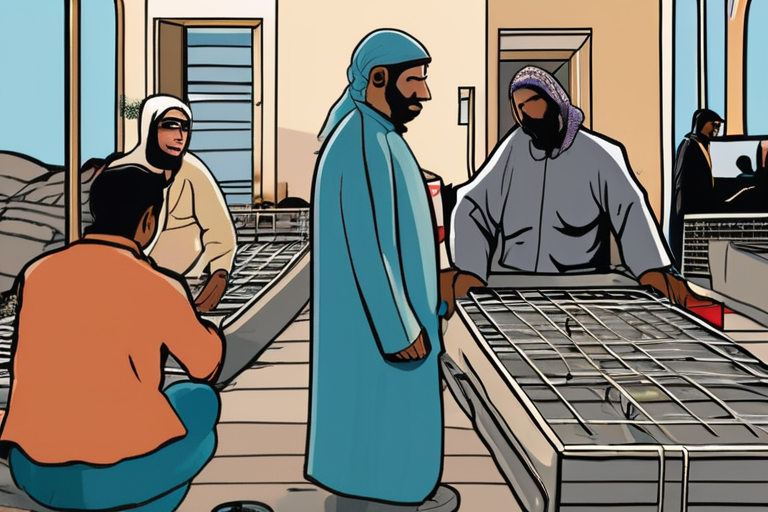
 Hoppi
Hoppi
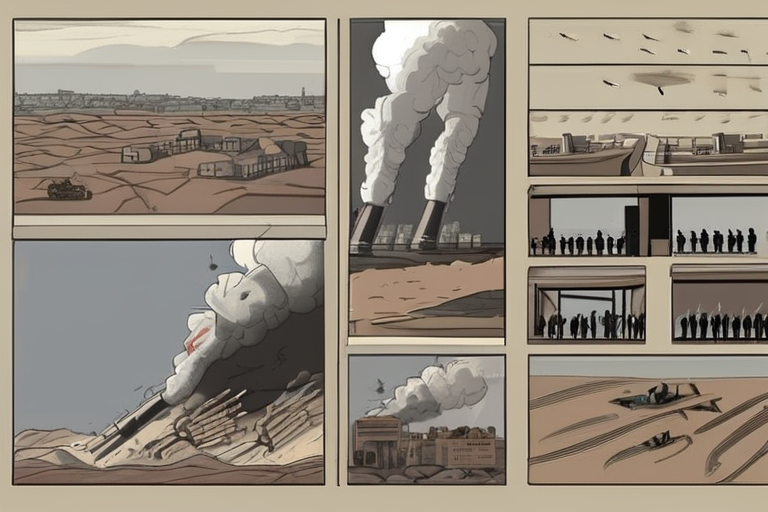
 Hoppi
Hoppi

Gaza City Medics Describe Hospital Overwhelmed by Casualties from Israeli Strikes GAZA CITY, Gaza Strip - The al-Shifa hospital in …

Hoppi

Breaking News: Israeli Strikes Kill Dozens in Gaza, Including Civilians Seeking Aid At least 35 people have been killed in …

Hoppi

Nurse Shot in the Head While Working at Gaza's Nasser Hospital GAZA CITY, GAZA STRIP - A Palestinian nurse was …

Hoppi

BREAKING NEWS Israeli Troops Storm Gaza City, Thousands Flee in Panic At least 650,000 people remain in Gaza City as …

Hoppi

Humanitarian Workers Face "Unbearable Reality" in Gaza GAZA CITY, GAZA STRIP - Humanitarian workers in the Gaza Strip are living …

Hoppi

BREAKING NEWS: Israeli Strikes Wreak Devastating Toll in Gaza, Dozens Killed Including Civilians Seeking Aid At least 35 people have …

Hoppi